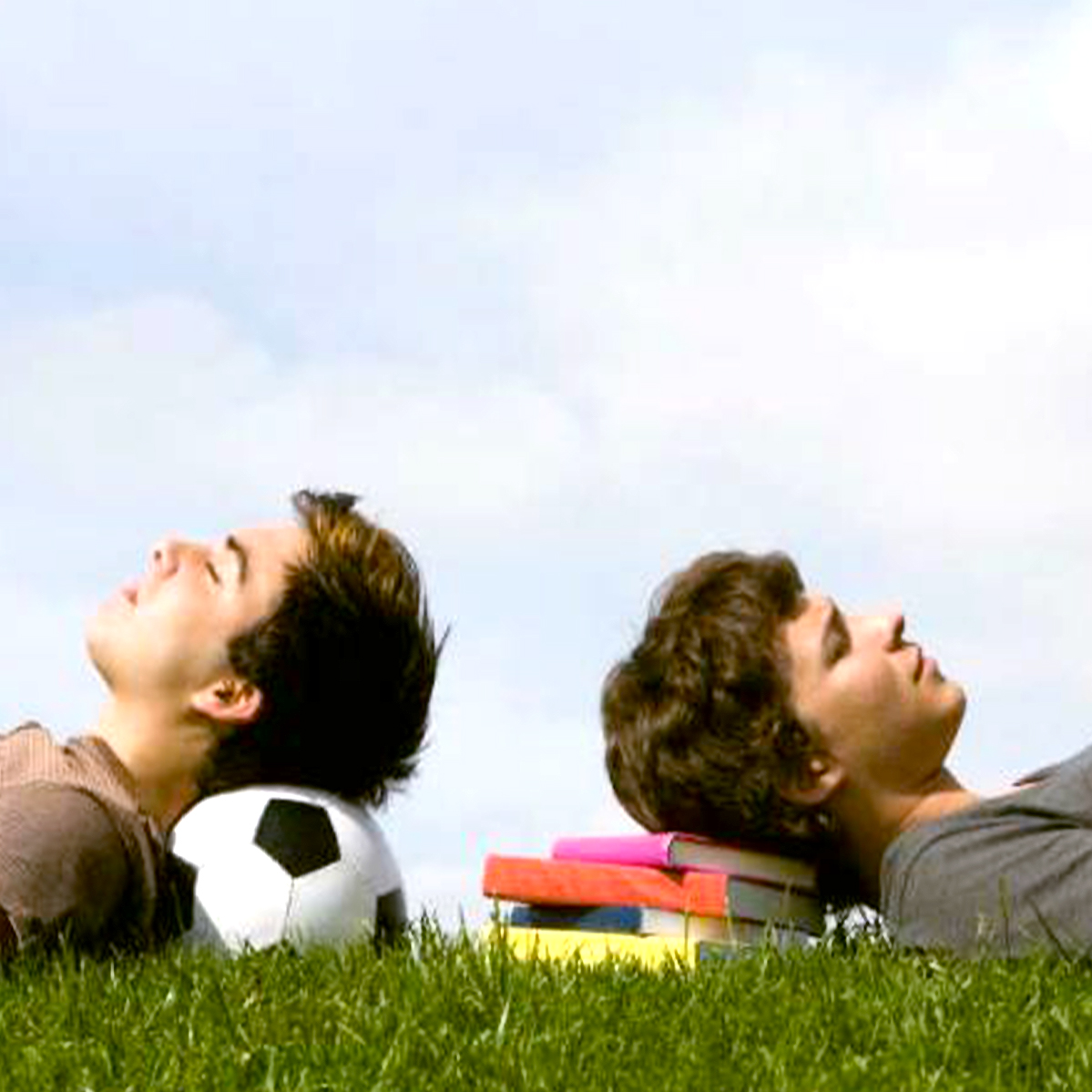If you are in high school or college, chances are you are balancing sports and extracurricular activities with your studies, as well as your social life. Being involved in athletics can be quite stressful due to the amount of time and effort it takes, but having a strong support system around you can help to alleviate some of that pressure and stress, which will allow you to perform better in all aspects of your life. Here are three ways that you can find a balance between sports and studying so that you can have the best of both worlds without sacrificing one thing or the other.
Learn to manage pressure
When children are put under pressure, it can be easy for them to become discouraged. Pressure can come from teachers or parents. It’s important for parents to not place an undue amount of pressure on their kids, especially when they’re involved in sports or other extracurricular activities. Parents who constantly push their kids toward success may end up doing more harm than good by causing a loss of self-esteem or stunting emotional growth.
Stop trying to do it all
It is often hard for us to simply let things go, but if you want to be successful in both sports and academics, you must learn how to manage your time. Study at a set time every day. If you have a game later in the day, schedule some free time around that so that you don’t feel like you are constantly rushing around without any breaks. Remember: It is okay to say no once in a while; there will always be another opportunity for success down the road.
Free time is important, too
Take some time for yourself; don’t just fill it with sports. While you should definitely try to find a balance between sports and studying, your free time is just as important. Have fun, go out with friends, and do things that will keep you in shape, but also give you time to relax. Remember: You aren’t going to be on that sports team forever—you’ll have plenty of time to study once you get there!
Set realistic goals
The best way to manage a child’s time is to make sure that both he or she (and you!) set realistic goals for what can be accomplished in a given time period. It’s also important to let your kids have plenty of free time for unstructured play. After all, studies show that these are invaluable to their physical and cognitive development—not to mention their emotional stability!
Manage your time effectively
Before you commit to playing another season of soccer, sit down with your coach to map out a plan that incorporates sports, schoolwork, sleep, etc. He or she will be able to help you find a balance between your free time activities that allows you to excel in everything without burning yourself out. If your child is still in middle school or high school, talk with his or her teachers ahead of time about establishing some ground rules for when and how he or she can do homework on game days.
Be happy with where you are right now.
No matter how great other people might make your life sound, it’s important to remember that there is a reason you are where you are. If you think about it, your dreams have been fulfilled up until now. You have what you need, even if it may not be exactly what you want. Be grateful for everything that has led up to today and don’t let jealousy or anger get in your way of being happy with yourself right now.
Keep trying new things
When it comes to choosing an extracurricular activity, it can be tempting to stick with what you know. But there’s no better way to improve than trying new things—and trying something you might not enjoy in your first go-around can help you learn what really works for you. Try learning a new sport or taking on a leadership role.
Enjoy yourself!
It can be fun to compete in sports, but remember that they should be a fun experience. If you’re feeling burned out, it’s okay to take a break—especially if you find yourself feeling stressed or injured. Kids don’t need to spend every second of their free time competing or training; give yourself permission to enjoy other activities like video games or hanging out with friends. It’s perfectly normal for kids (and adults) to step away from their sport for a little while.

